Thank you for your dedication to advancing the field – we are immensely proud to have you as part of the ESOT community!
Congratulations to the ESOT Legacy Award Winners!


Thank you for your dedication to advancing the field – we are immensely proud to have you as part of the ESOT community!
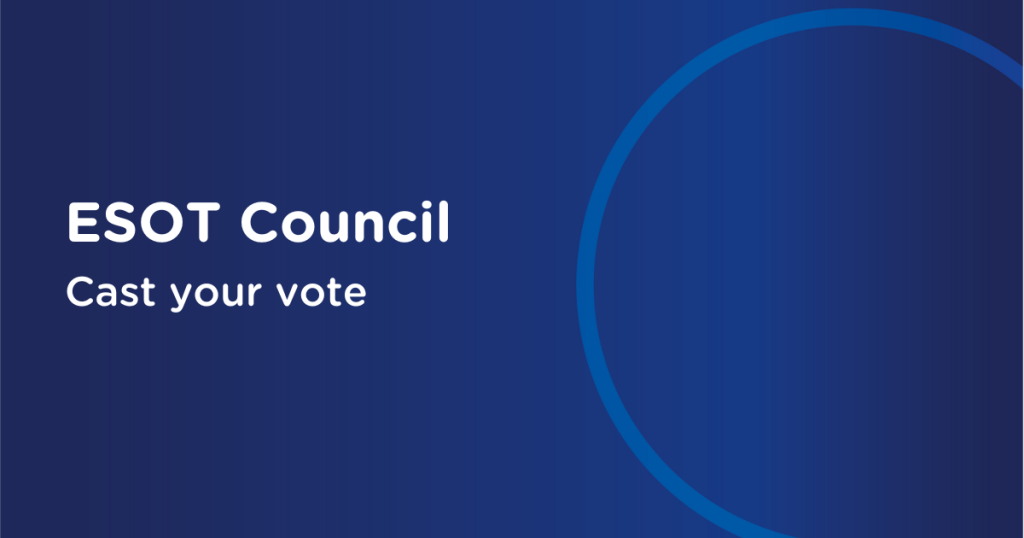
The 2023 ESOT Council elections will take place starting tomorrow, May 30. Detailed information about the elections is available here. If you are up to date with your ESOT membership, you will soon receive an invitation to vote in the 2023 Council elections from Civica Election Services, our trusted election partner (please remember to check your SPAM folder as
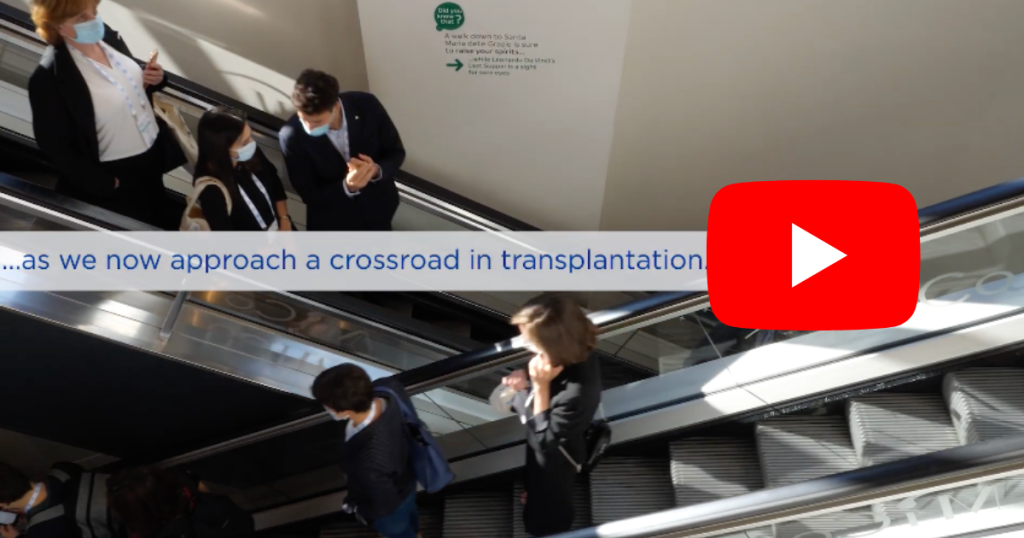
The congress will have something for everyone, or at least we hope so! Beyond the state-of-the-art science, the disruptive innovation and the trusted clinical care side of the meeting, we have the opportunity to connect, interact, hug old friends and make new ones.
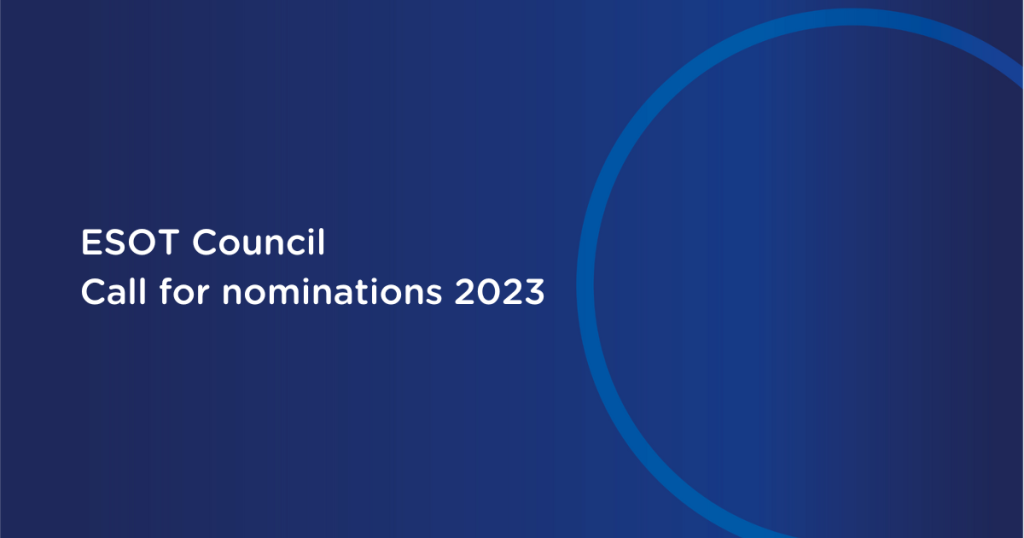
Dear Colleagues, At the ESOT Congress in September in Athens, John Boletis, Ina Jochmans, Nicos Kessaris and Hanne Scholz will complete their first term in office as ESOT Councillors. In addition, we have an additional vacancy due to one Councillors’ appointment as Treasurer. Please note that, according to our Bylaws, John, Ina, Nicos and Hanne can
We would like to extend a huge thank you to everyone who joined ESOT at TLJ 3.0 and supported us on our mission to transform the world of transplantation and improve the lives of people living with transplants. We are excited to see the impact of these newly formed consensus reports and hope they assist in guiding the future of transplantation. However, we recognise there is still a long way to go. Our work does not stop here, and we look forward to continuing to strive towards a brighter future for transplantation at many more meetings in the years to come.

Introducing the ESOT Legacy Award!
We are delighted to announce our society’s newest and highest recognition, acknowledging outstanding and sustainable achievements in our field.
Find out more and nominate your colleagues today!
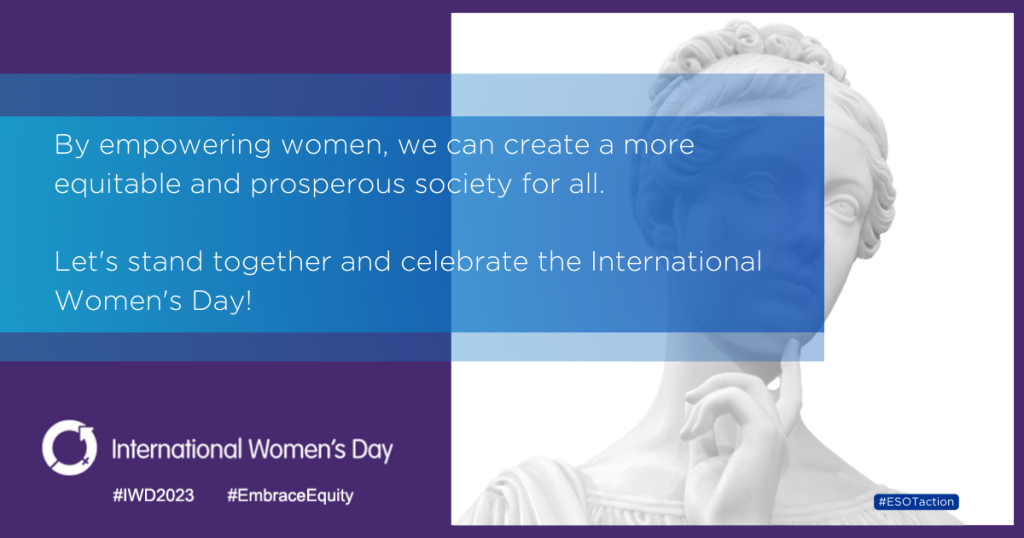
The European Society of Organ Transplantation is dedicated to achieve excellence in the care of patients in need for organ transplant and those who received an organ transplant. Providing top-class professional education and promoting policies for equitable access to transplantation are key points to pursuing our mission. This vision stands on firm principles of equal

We look forward to deep-diving into your research at the congress and building a brighter future for transplant patients, together.
#ESOTcongress
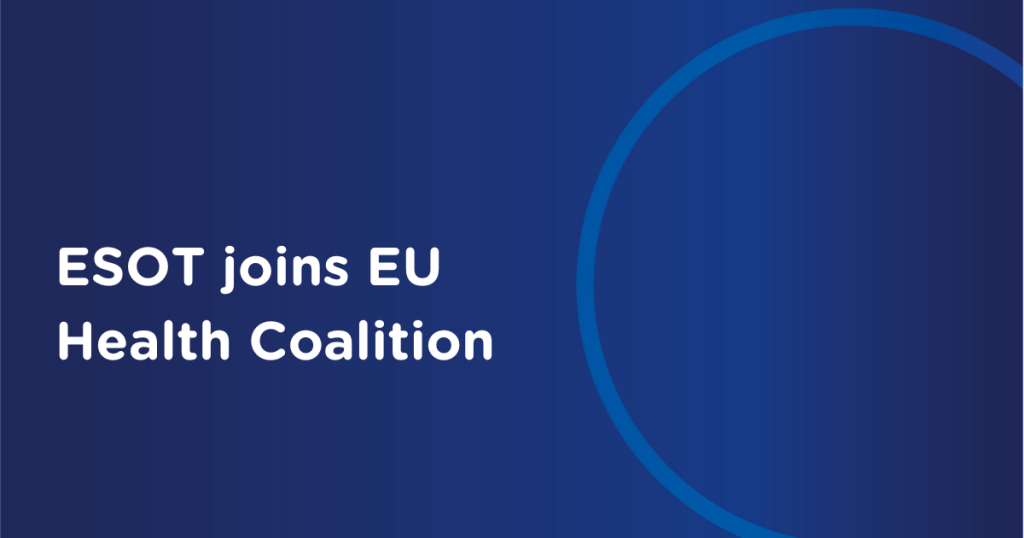
We look forward to working closely with the Coalition and its 45 partners in delivering actionable change and innovation in healthcare in the future.
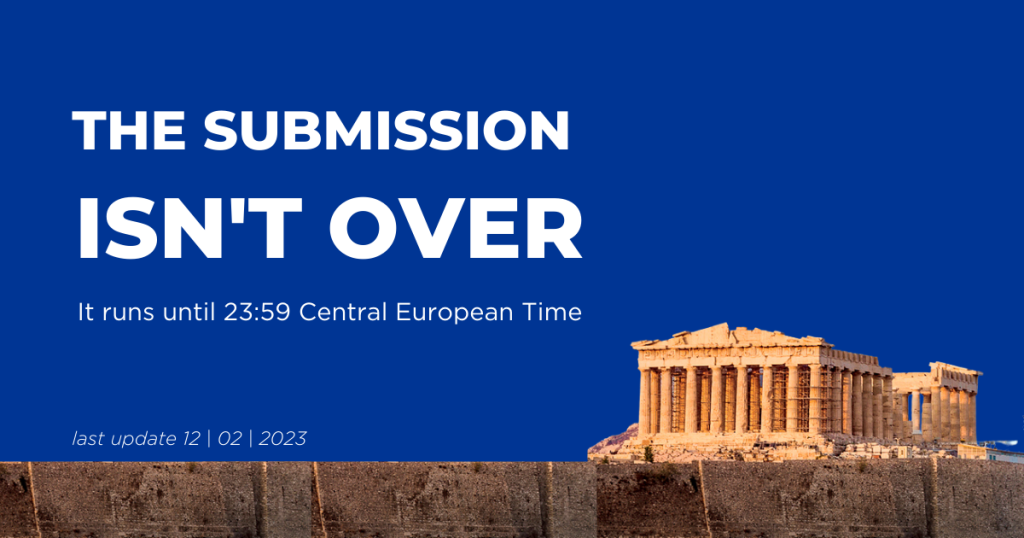
Abstract Submissions for ESOT Congress 2023 and EDTCO Congress, definitely close on Sunday, 12 February at 23:59 Central European Time